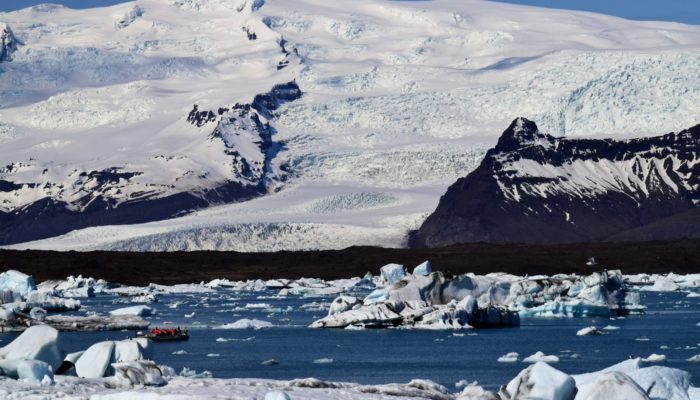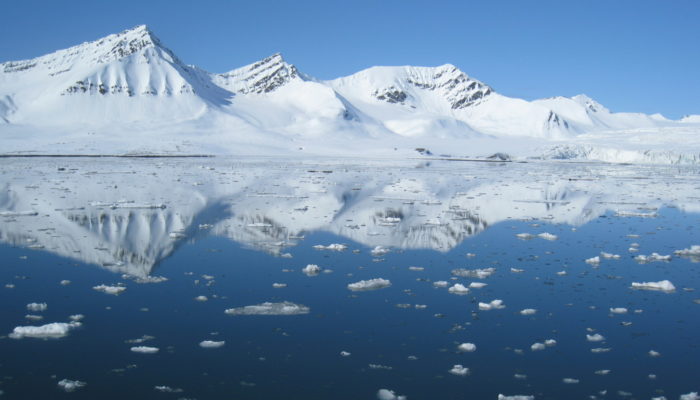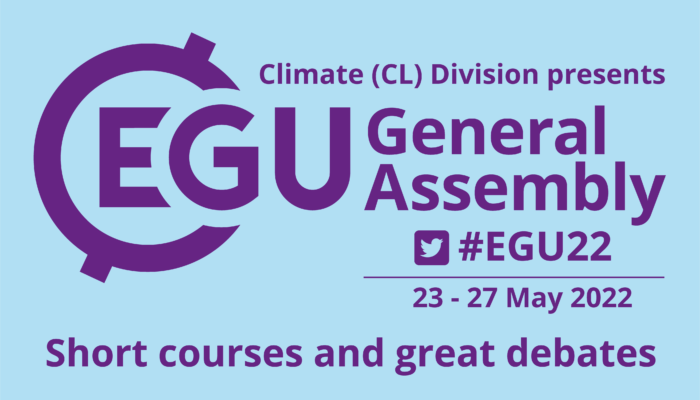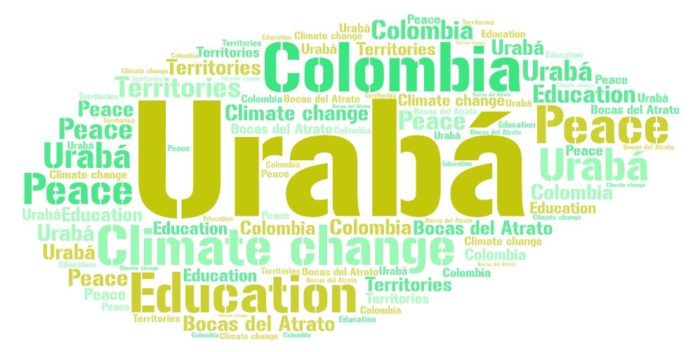Dear climate enthusiasts, EGU lovers, and early/senior climate scientists, With #EGU22 approaching, we wanted to give you a quick overview of the great short courses and great debates that are planned for this years’ General Assembly! If you want to learn more about the scientific sessions offered, please have a look at our Seasonal love letter from December. Short Courses If you are about to fini ...[Read More]
High school-University Connection: Teaching experiences in rural communities regarding climate change
Understanding how our environment is changing under a warmer climate will be one of the new challenges our children will face. Meanwhile, teachers are challenged to seek new pedagogical strategies for teaching climate change in the youngest, especially in rural communities, which are one of the most vulnerable to climate change impacts, as they lack resilience towards surviving extreme events. Alt ...[Read More]
How humans are influencing climate change and its significance in defining a new geological epoch: the Anthropocene

The Anthropocene Working Group (AWG) is the body tasked to propose a formal definition for the Anthropocene as a geological time unit. Join us at the EGU2021 General Assembly on Wednesday 28th April at 14:15-15:00 CEST for a series of presentations on the Anthropocene in session SSP2.6. The Anthropocene concept Geologists cope with the enormity of 4.5 billion years of Earth history by divid ...[Read More]
Generation #polarprediction

More than 11 years ago, I joined the Université catholique de Louvain (UCLouvain) in Belgium as a teaching assistant. The 2007-2009 International Polar Year (IPY), a worldwide collaborative effort aiming at better understanding our polar regions, had just finished, and the scientific community was concerned about the sudden drop in the summer Arctic sea ice extent that had occurred two years befor ...[Read More]


